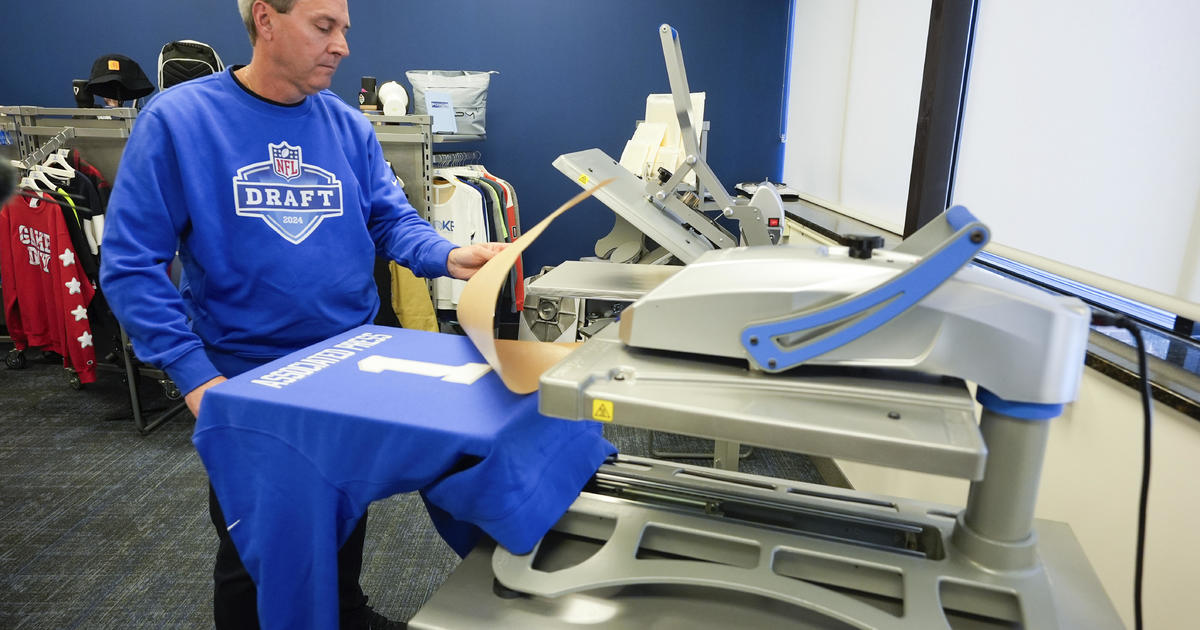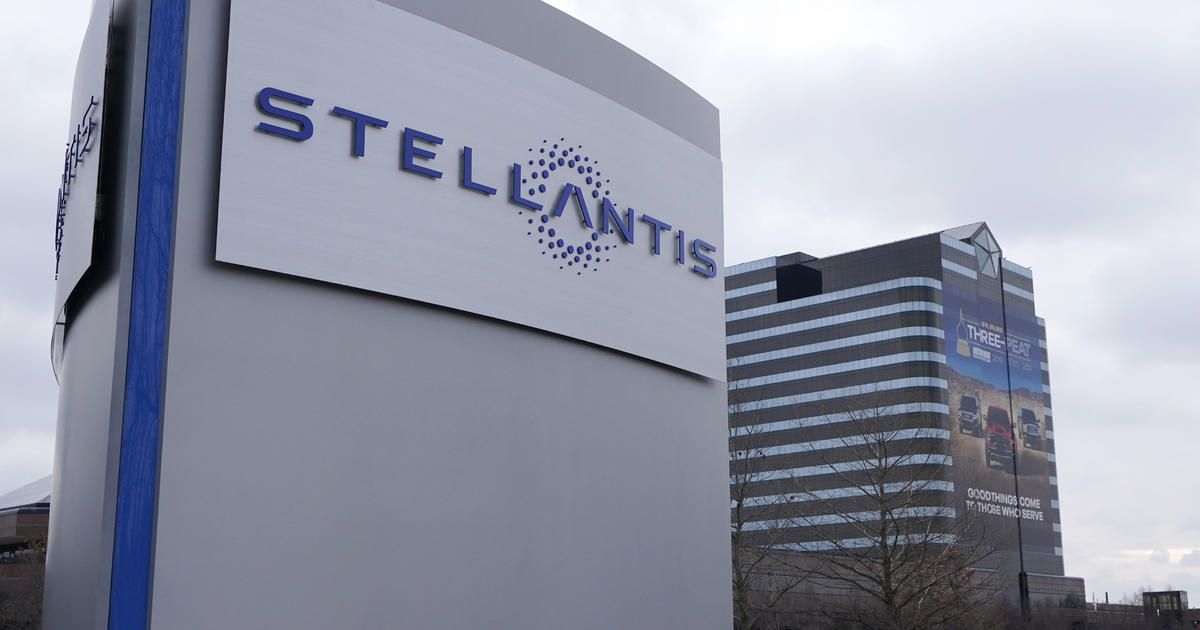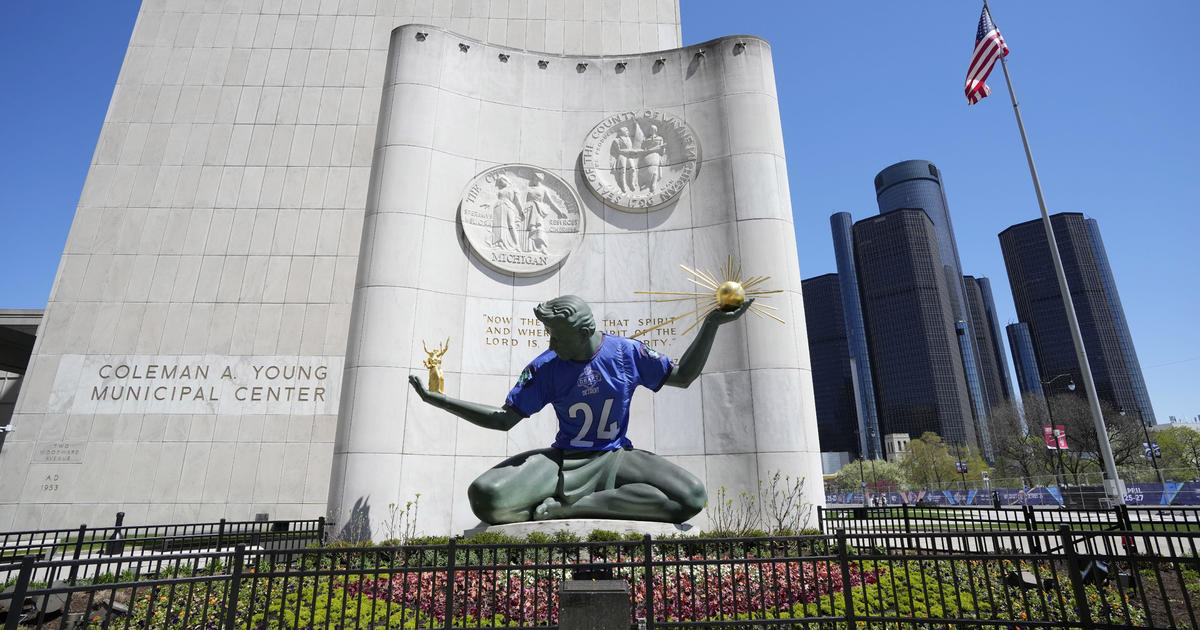Kalamazoo Pharma Startup To Present At Diabetes Conference
Kalamazoo-based Metabolic Solutions Development Co. and collaborators will present their research providing insights into the therapeutic potential of increasing brown adipose (fat) tissue in the treatment of diabetes and the unique mechanism of action of the company's novel insulin sensitizers that connects with pathways known to be dysregulated in diabetes at the American Diabetes Association's (ADA) 71st annual Scientific Sessions conference in San Diego, Calif., June 24-28.
The ADA conference is the world's leading scientific and medical meeting focused on diabetes.
MSDC Chief Scientific Officer Jerry Colca will present "Enhancement of Brown Adipose Tissue Development In Vivo by a Novel Insulin Sensitizer" on Saturday, June 25 at 1:45 p.m. Pacific time. The presentation will conclude a symposium involving influential thought leaders in the field that focuses on cutting-edge concepts in brown and white adipocyte biology, an emerging important factor in the etiology of diabetes. A key theme of this session will be the therapeutic potential of increasing brown adipose tissue in the treatment of diabetes. The MSDC presentation will suggest that this is possible with the company's small molecule compounds that are currently in clinical trials.
"The breakthrough insights MSDC's researchers and collaborators will present at this year's ADA meeting support our view that MSDC's novel insulin sensitizing drugs can treat the root causes of type 2 diabetes and free patients from the adverse side effects of current treatments," said MSDC CEO Stephen Benoit. "We believe these insights are directly related to the success we've observed with MSDC-0160 in Phase 2 clinical trials regarding control of fasting blood glucose without the weight gain and edema associated with the currently marketed insulin sensitizing agents."
Colca's presentation, along with four others by MSDC and its collaborating partners at this year's ADA conference, will offer more details on MSDC's novel target and the pathways through which the company's Phase 2 drug candidates are acting. The presentations also will provide new insights into insulin re-sensitization and other potential metabolic benefits of a novel class of insulin sensitizers which could play a pivotal role in the development of new diabetes treatments.
"The definition of a new path forward is urgently needed to produce novel therapeutics to adequately treat, and eventually prevent, diabetes," said Colca. "Through these presentations, we will begin to disclose how the novel mechanism of action of our compounds connects with pathways that are known to be dysregulated in diabetes."
On Sunday, June 26, MSDC Senior Research Scientist William G. McDonald's poster presentation, "Novel Insulin Sensitizers Enhance Brown Adipose Cell Differentiation by Modulation of Wnt Signaling Pathway," will take place at noon. Disruptions in the Wnt signaling pathway are known to predispose persons to type 2 diabetes.
On June 25 at 11:30 a.m. Pacific time, "A Mitochondrial Target of Pioglitazone Acutely Regulates Mitochondrial Respiratory Function." This work from Anne Murphy's laboratory at the University of California at San Diego will show how a novel mitochondrial target is involved in the direct effect of insulin sensitizers on metabolism.
On June 25 at 12:30 p.m. Pacific time, "Activating AMPK and Downregulating mTOR with a PPAR-g Sparing TZD Decreases Insulin Resistance & Mediates Human Beta-Cell Rest & Restoration of Insulin Content." The presentation from Dr. Mike McDaniel's laboratory at Washington University in St. Louis demonstrates the potential for this mechanism of action to produce positive effects directly on human insulin-secreting pancreatic beta-cells.
On June 27 at 1 p.m. Pacific Time, "Insulin Resistance in ob/ob Mice Is Ameliorated by Thiazolidinediones That Do Not Activate PPARg." This presentation from the laboratory of Dr. Brian Finck at Washington University in St. Louis provides a detailed comparison of the clinical candidate in mouse models of diabetes with insight into the mechanism of action.
MSDC has two novel insulin sensitizers in clinical trials for the treatment of type 2 diabetes. Phase 2a clinical data from the company's lead candidate, MSDC-0160, demonstrated that it improved insulin sensitivity and lowered blood glucose levels in humans without the side effects of the current market leading diabetes medicines. The compound also demonstrated significant improvements in other important metabolic disease parameters, including blood pressure and lipids. A phase 2b study of MSDC-0160 is currently under way in patients with type 2 diabetes and data are expected to be available in January 2012.
A Phase 2a trial of MSDC-0602, the company's second drug candidate for the treatment of type 2 diabetes is currently under way. Results of this study are expected to be available in September 2011. A Phase 2b study of MSDC-0602 is targeted to begin in the first quarter of 2012.
More at www.msdrx.com



